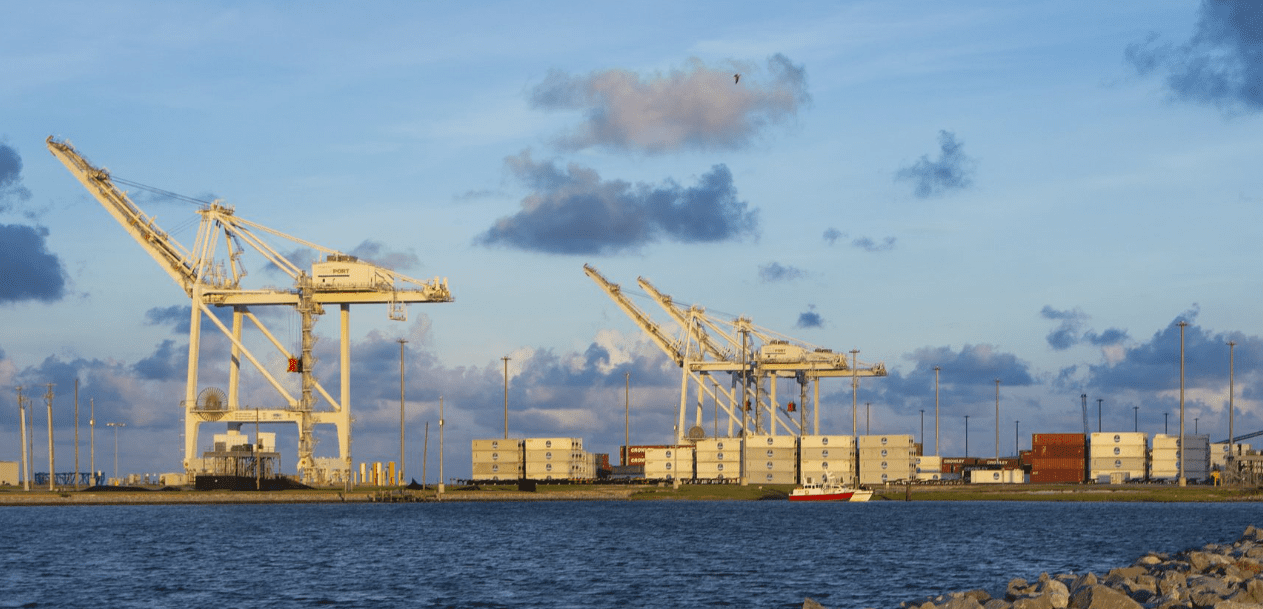
- Katharine Kollins says harnessing wind energy in the Magnolia State strengthens local economies and reduces dependence on foreign or out-of-state energy sources.
Tunica County, in northwest Mississippi, is set to receive tens of millions in additional tax revenue over coming decades. How did a small rural county capture such a windfall?
Tunica is home to Delta Wind, the first utility-scale wind farm in the state. Mississippi, particularly the Delta region, is emerging as a hub for wind energy in the South. This domestic energy source creates jobs, generates local tax revenue, and ensures Mississippi has a stable, affordable energy supply.
Statewide, projects have the potential to inject millions into rural communities, strengthening local economies and reducing dependence on foreign or out-of-state energy sources.
It has only been in the last few years that turbine technology has come far enough to harness lower wind speeds in the Deep South, creating the potential for significant investment to flow into our rural communities. Yet, opponents of wind farms argue for restrictive policies, citing aesthetic concerns or exaggerated environmental impacts. However, these regulations will only serve to undermine private property rights – limiting landowners’ ability to make choices about how to maximize agriculture, energy production, and income. Such restrictions stifle economic opportunity and create barriers to American energy dominance.
Across the United States, more than 90,000 wind turbines generate power that is unaffected by fuel price volatility, ensuring a stable energy supply even during extreme weather or geopolitical unrest around the globe. Onshore wind is one of the most affordable energy sources in the country, and remains cost-competitive with traditional fuels even without tax credits. Wind energy is also particularly valuable in the winter, when solar energy is less productive and gas prices are even more susceptible to spikes.
Importantly for Mississippi, wind farms are highly compatible with agricultural operations – turbines occupy minimal space, allowing farmers to continue planting crops or grazing livestock around them. Not to mention the land lease payments, which can exceed $30,000 per year per turbine. For many smaller Mississippi farms, that income can be the difference between having to sell your property and being able to keep it in the family for future generations.
Across the country, counties approve safe, responsibly developed wind projects every day. Like Tunica, those counties know that the benefits of wind energy are significant.
As our electricity demand continues to grow, we must embrace market-based solutions that advance domestic power production, provide much-needed investment to rural areas, and enable us to fully realize America’s energy dominance.








